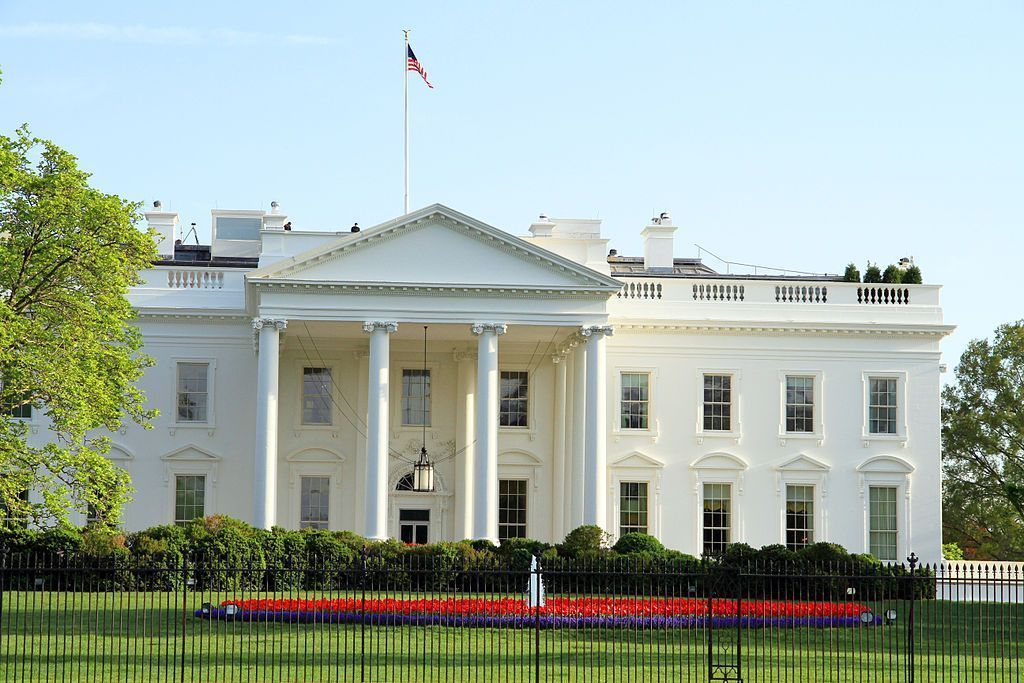I have no idea who is going to win this election. Neither does anyone else, really. As I mentioned a few weeks back in The Hill, I do believe Donald Trump is peaking at the right time, and that the momentum is on his side. But a lot of that depends on whether pollsters have remedied their traditional underpolling of Trump from 2016 and 2020. I suppose it also depends on whether, as a minority candidate, Kamala Harris is under-polling, similar to Barack Obama in 2012.
But I do know that one of them is going to lose. And when that happens, I think I will know why, and the reasons will be much simpler than most people realize.
If Harris loses, it won’t be because of her epic-flip flopping on things like gun confiscation or fracking. Undecided voters are undecided for a reason: They didn’t pay attention before, and they hardly pay attention now, so any flip-flop argument is completely lost on them.
It also won’t be because of the undemocratic manner in which she came to her party’s nomination. No one seriously believes Nancy Pelosi’s attempted Jedi mind trick about how Democrats “had an open primary.” But primaries are private events anyway. The parties are fully within their rights to pick their candidates any way they like — even through a bloodless party coup. There’s a reason primary turnouts are so much lower than general elections: a lot of people don’t care about them.
No, If Harris loses it will be because of her “Ted Kennedy Problem.”
Back in November of 1979, Sen. Ted Kennedy (D-Mass.) was not only challenging the incumbent president of his party, President Jimmy Carter, he was, by most metrics, well on the way to the Democrat nomination for the office. This would have been a stunning development of course, as Carter was the sitting president.
That all got derailed in a single interview, broadcast that month, where Kennedy was famously asked by CBS’s Roger Mudd what was, even in those days, the softest of softball questions: “Why do you want to be president?”
Kennedy’s vague, wandering, waffling response has gone down in modern American political history as one of the worst answers ever given by a major politician. Although polling had him up over Carter by healthy margin that fall, Carter went on to win 37 primary states, and the nomination.
If Harris loses, it will be because she couldn’t answer the similarly softball-esque: “How would you be different from Joe Biden?”
Her answers — and she had several chances to get this one right — ranged from the patently obvious “I’m not Joe Biden,” to the indecipherable mumbo-jumbo psychobabble that has become her hallmark.
It is an error of possibly career-ending proportions. Especially when voters’ biggest concern with you is that they don’t know who you are.
And face it, if that’s the best you can do on that question — a question you absolutely knew had to be coming — you probably shouldn’t be president. If Harris loses, it will likely be because voters agree.
On the other side of the ledger, if Trump loses, it will be for a similarly simple reason.
It will not be because the Harris campaign (and the Liz Cheney “hungry for the promised GOP Harris Cabinet slot” Trump-hating Republican crowd) are trying to make him out to be the next coming of Adolf Hitler. People just aren’t buying it (as they didn’t for Reagan, Bush I, Bush II, Romney, McCain … or Trump the first time.)
Neither would his loss be because of his legal problems. Indeed, the charges against him were so weak and so obviously politically motivated that they actually resuscitated a slightly flat primary rollout and gave him the powerful campaign message he could ride into the general: “If they can do this to me, imagine what they could do to you. Vote for me and that won’t happen.”
And a Trump loss wouldn’t be because of some untimely (and somehow unvetted) distasteful comments by a comedian at a rally.
No, if Trump loses, it will be for one reason, and one reason only: Jan. 6, 2021. Face it: is there anyone out there who doesn’t believe that, but for that awful day, Trump would be walking back into the White House? Maybe winning 35 or 40 states? (Maybe he should have taken the advice of people who suggested that he concede gracefully.
The bottom line is this. Some percentage of Americans are voting for Trump — 45 percent? — and a roughly equal percentage are voting for Harris. The people in the middle are trying to figure out who she is, and she hasn’t told them. They are also trying to figure out if they can trust him in office again — and the only reason they are even asking that question is because of Jan. 6. How they break on those basic questions will determine the outcome next week.
Commentators, politicos and the media tend to want to make politics seem very complex and profound. And I suppose sometimes it can be. But more often than not, winning and losing are ultimately about simple things.
Mick Mulvaney, a former congressman from South Carolina and former Special Envoy to Northern Ireland, is a contributor to NewsNation. He served as director of the Office of Management and Budget, acting director of the Consumer Financial Protection Bureau and White House chief of staff under President Donald Trump.
This opinion piece first appeared in The Hill.









